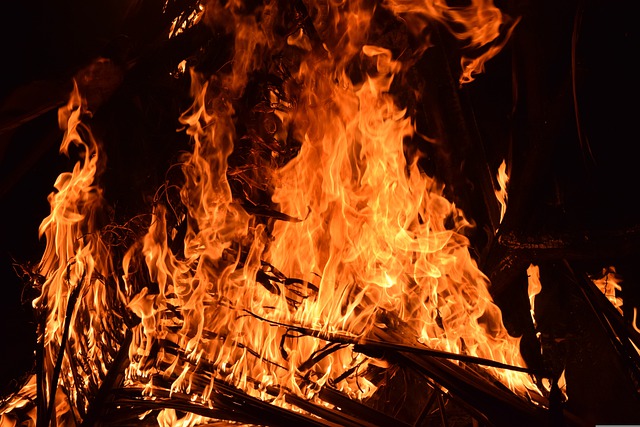Mbashe – Eskom has been dragged into the spotlight after a family from the Eastern Cape reportedly suffered an explosion in their home due to an alleged power surge after load shedding.
The family managed to escape but lost everything, exiting the house with only the clothes they were wearing.
According to the Dlisani family, the fire began to ravage their home seconds after the power had been restored, News24 reported.
Besides a backyard rondavel unscathed by the fire, the family was left homeless since the blaze broke out Friday morning of last week, the report said.
Speaking on behalf of the family of seven, 26-year-old Siwaphiwe Dlisani that the fire demolished everything in their home, including furniture and all their electrical appliances.
However, Dlisani said that no one was injured.
South Africans have been affected by load shedding one way or another. With the country growing in frustration, the issue seems a recurring one, as eNCA reported recently that at least 49 weeks of stage 2 power cuts could be on the cards for South Africans in the next year.
[VIEWER QUESTION] Eskom says the country could experience at least 49 weeks of stage 2 power cuts in the next year. Will you be investing in backup power? Head to https://t.co/srSwp4H5Hm to vote or comment on our social media platforms. #SAMorning pic.twitter.com/gvj9numgd9
— eNCA (@eNCA) September 13, 2022
Added to consistent load shedding, South Africans could see a drastic increase in electricity prices.
According to the Daily Maverick, Eskom has requested the approval of a 32.02% increase in the price of electricity for the 2024 financial year.
Subject to approval from the National Energy Regulator of South Africa, the increase may take affect from April next year.
Take a look at some of the reactions on social media:
There are 52 weeks in a year. Eskom is saying that only three weeks in the next year could be loadshedding free.
Are you proud of this @Eskom_SA? https://t.co/asaiPRCBFY
— Nelisiwe (@NeliMsomi) September 13, 2022
Scheduling loadshedding in the townships between 17h00-19h30 should be deemed illegal. This is the time most public transport commuters are coming back from work and with dark streets, they are more likely to be victims of crime.
— 92:48 (@_V_IR) September 14, 2022
Follow African Insider on Facebook, Twitter and Instagram
Picture: Pixabay
For more African news, visit Africaninsider.com
Compiled by Junaid Benjamin


